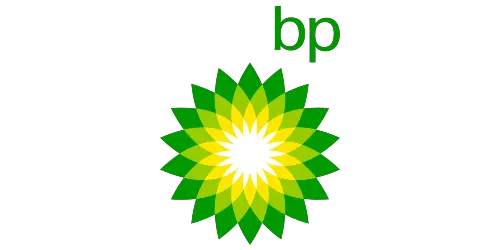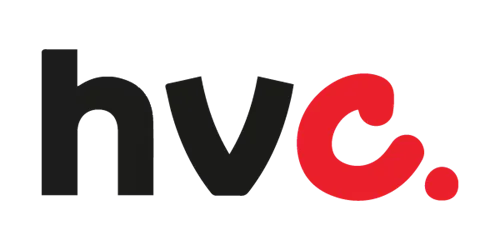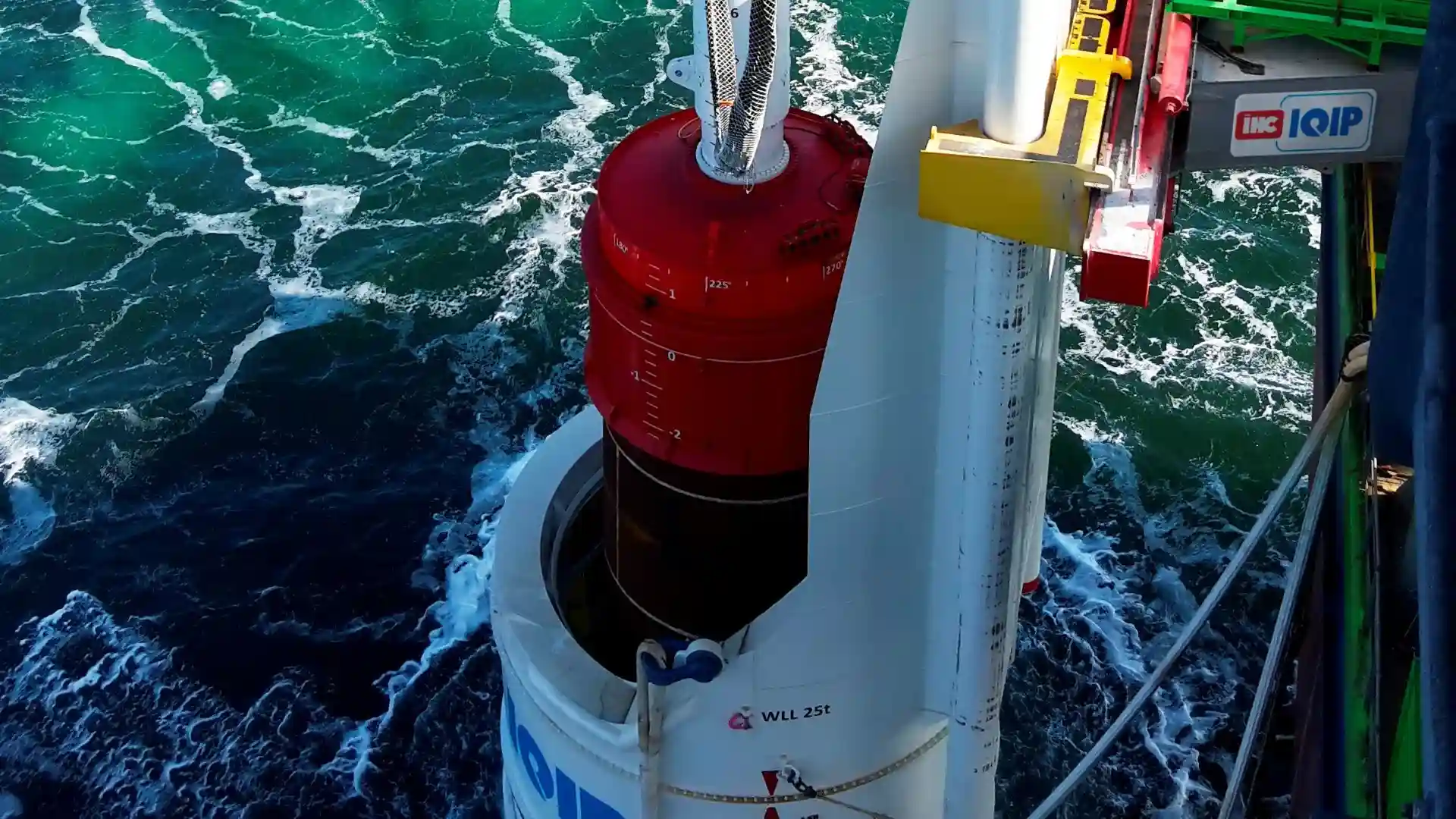Connecting data from 500+ vessels and equipment in one platform
Boskalis is one of the world’s largest maritime and offshore service providers, with more than 500 vessels and floating equipment. It offers a range of expert dredging, offshore transport, and installation solutions, as well as maritime services, including towage and salvage. Since 2022, Boskalis has partnered with Helin to connect data from across its global fleet of assets in one secure edge computing platform. With this platform and associated applications, Boskalis has increased its IT teams’ operational efficiency, improved safety in specific areas, and reduced its fuel consumption.

Challenge
Boskalis needed a way to consolidate huge volumes of data from its portfolio of remotely located assets in one secure platform.
Solution
Helin’s edge computing platform connects data from Boskalis’ fleet of assets, with add-on applications that provide even more capabilities.
Result
Boskalis can access and control its data in one secure edge computing platform, and deploy additional applications to further improve its operational efficiency, safety, and sustainability.



Processing huge volumes of data from a diverse portfolio of assets
From keeping the Suez Canal open to protecting countries from flooding to installing offshore wind turbines, Boskalis’ operations touch all of our lives. But managing data for its fleet of 500+ remote vessels and floating equipment is no mean feat.
Add to this the fact that Boskalis provides many different services for different industries (dredging, transport, installation, and salvage to name a few) and you’ll quickly understand why its existing systems couldn’t consolidate the data inputs from all its equipment in one platform.
When Boskalis decided to merge its various IT-related departments to create one IT powerhouse, it was time to find a solution that could integrate data from all its assets in a highly secure and scalable way.
Connecting 500+ large remote assets in one platform
Building a middleware from scratch would have placed a huge burden on Boskalis’ existing teams or even required hiring a whole new team of engineers to lead the project. Instead, Boskalis opted to partner with Helin to help transition from its legacy data infrastructure to a more secure edge computing ecosystem.
This meant that Boskalis’ teams could remain focused on delivering value to the business in their specific areas of expertise, rather than developing this new highly specialized infrastructure.
Helin’s edge computing platform for the offshore and maritime industries was the perfect solution as it runs on-site (on “the edge”) and can ingest, store, and transmit data from every kind of data source and in every imaginable protocol.
“Edge computing transforms ‘dumb assets’ into intelligent, data-driven assets that can be fully monitored in one secure platform. At Helin, we’re committed to helping leading offshore and maritime companies to implement edge computing and optimize their operations with our platform.” - Joost Lasschuit, CEO at Helin
By adding edge computing capabilities to Boskalis’ Microsoft Azure tenant, we enabled the full integration of data streams from across Boskalis’ portfolio of assets. These assets ranged from legacy hardware on ships to modern technologies, with multiple different OEMs.

To ensure the platform was up and running in a short period of time, Helin’s onboarding team led the implementation process from start to finish. We also provide ongoing support which has helped Boskalis to adapt to a new way of working with our platform. The industrial data platform was easily integrated into Boskalis’ existing tech stack to enable secure data transfers and backups, regardless of protocol or interface, using the latest standards in encryption.
With Boskalis’ asset data now available and controllable in one secure platform, authorized personnel could quickly deliver accurate data to people at any of the company’s global offshore or onshore locations.
Adding value with off-the-shelf and custom applications
Next, Boskalis wanted to expand its use of the Helin platform to improve its operational efficiency. We worked closely with Boskalis’ teams to develop, containerize, and deploy new applications.
“Over the past number of years, we’ve collaborated closely with the Boskalis team to deploy new applications. This has not only improved the efficiency of Boskalis' fleet operations, but also reduced emissions through optimized shipping routes.” - Joost Lasschuit, CEO at Helin
Another major benefit for Boskalis is that the Helin platform is designed with an open infrastructure. This means that Boskalis can easily add third party applications into their ecosystem without compromising on safety.
DredgeView parser
First up was developing a container that could transmit and visualize the data collected by Boskalis’ self-built software, DredgeView, which is used to monitor its dredging activities. These activities include the construction and maintenance of ports and waterways, coastal defense and riverbank protection, and land reclamation.

Fuel Monitoring
Another outstanding project was the development of the Fuel Monitoring application. This app enables Boskalis to gather real-time data from their vessels' fuel sensors and visualise it in a Grafana dashboard.
Sensor data is made available via edge or cloud resources, either through DredgeView or OPC UA. With this application, Boskalis could reduce fuel consumption as it could optimize its transport routes based on predicted and actual fuel usage by its vessels.
Toxic gas detection system
In some areas, there is a risk of toxic gases such as Hydrogen Sulphide (HS2) being released into the environment during dredging activities. Boskalis uses shallow H2S portable monitoring devices on its vessels to detect these gases. Helin’s IT team helped to connect the monitoring devices into the main Helin platform, so that Boskalis could automate data extraction and reporting from these devices. This additional layer of security will protect the health and safety of crews. It will also reduce the risk of contaminating the ocean or atmosphere.
Custom dashboards
Every offshore service provider has different needs and requirements. That’s why our platform has customizable dashboards in Grafana. With the data on the Helin platform, Boskalis can now configure dashboards that are unique to its operations. Boskalis’ can even create specific dashboards for different regions or teams, giving their specialists the advantage of data customization.
Improving operational efficiency, safety, and sustainability with Helin
Helin’s platform has become essential to Boskalis’ worldwide operations, enabling the smooth and secure management of huge volumes of data from across its fleet of 500+ vessels and floating equipment. Whether their operators need data from a crane in Rotterdam in the Netherlands or from a vessel just off the coast in Malaysia, Boskalis can access it effortlessly.

But the impact goes far beyond simply making data visible in one platform. Boskalis and Helin can continue to develop new applications to further enhance operational efficiency, improve safety, reduce environmental impact, or solve other critical challenges Boskalis might experience in the future.
What’s more, these new applications can be developed and integrated so quickly they usually have an industry-leading time-to-value. All of this is possible while Boskalis can still rest assured its data is secure and safe from cyber threats, thanks to the platform’s Public Key Infrastructure (PKI) with its encrypted data, pipelines, and applications.
Getting started with Helin’s platform
Are you looking to integrate your data and applications into one secure platform? Do you need to access data at remote off- and onshore sites? Our edge computing platform may be just the solution you need.
Want to learn more? Make sure to book an introduction call to discuss how Helin’s platform could work for your offshore or maritime business.
Other interesting case studies
Get real-time insights
into your remote assets
Combine local artificial intelligence with a centrally managed data infrastructure for more accuracy, reduced congestion on your network and lower costs.











